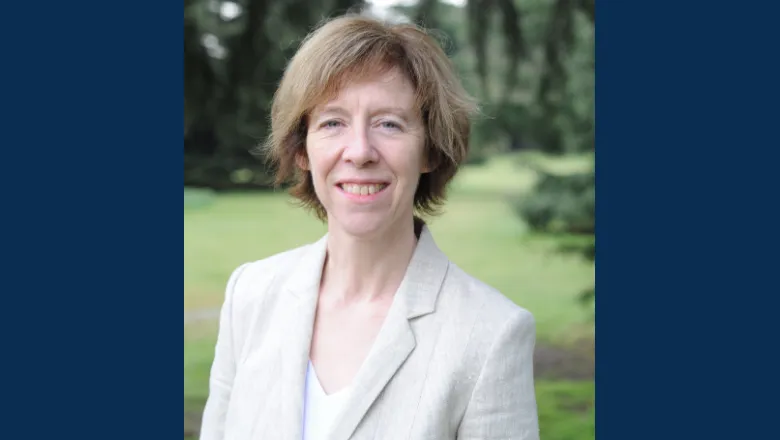13 September 2018
Professor Fiona Watt comments on the rewards of great collaborations
Professor Fiona Watt, Head of the Centre for Stem Cells & Regenerative Medicine, has written an essay about the reward of great collaborations in Nature Cell Biology for their article collection Turning Points.

Fiona is also the Executive Chair of the Medical Research Council and her major area of research is in the role of stem cells in adult tissue maintenance. Her current projects are directed towards self-renewal and lineage selection by human and mouse epidermal stem cells, the role of stem cells in epidermal and oral tumour formation and the assembly and function of the epidermal cornified envelope.
In the article Professor Watt discusses her career, significant collaborations and lessons learned. In one story, Fiona explains how early in her career she faced rejection. Alongside her colleague, Charles O’Neill, they submitted a paper to a highly respected journal, but it was rejected on the grounds of ‘lack of novelty’. Fiona describes this as disappointing however has come to the realisation that “it is often our most innovative work that is rejected as ‘lacking novelty’”.
Ten years later, the area of research of this rejected paper, started to take off and in 2007 this research was replicated, and the technique is still being used today.
Fiona also gives the advice to be patient; “sometimes you have to put aside a problem until the technology catches up sufficiently to enable you to find a solution”, to collaborate: “my best collaborations started through serendipity and flourished through common goals, mutual trust and affection” and to be persistent “you can always publish important work that others will find, read and cite regardless of the journal”.
Turning Points by Nature Cell Biology is a collection of articles celebrating women researchers by providing a snapshot of the research world through their eyes.
To read the full essay written by Professor Fiona Watt please click here.
